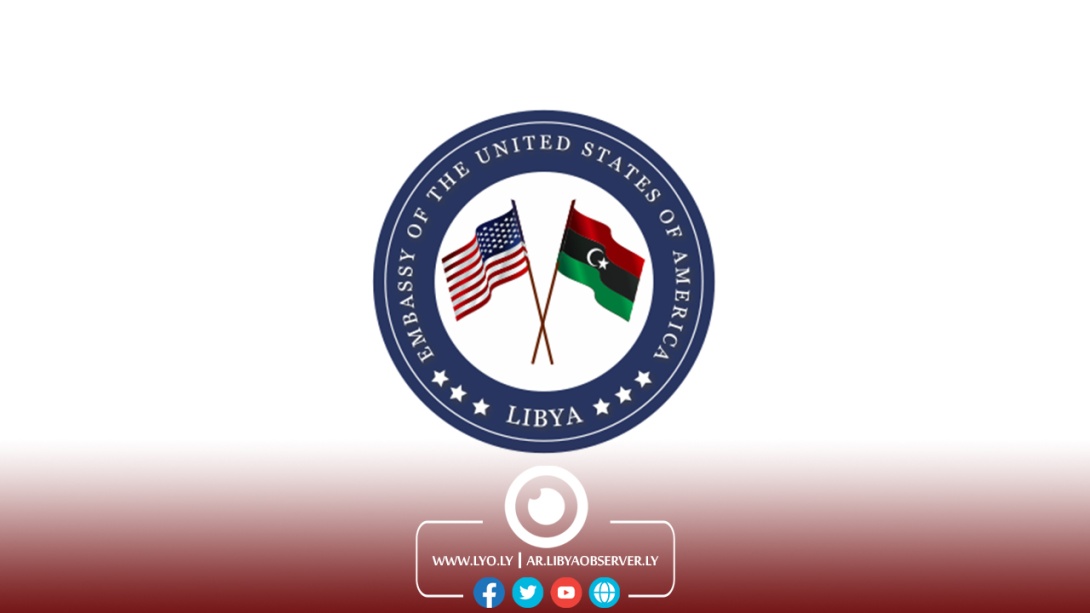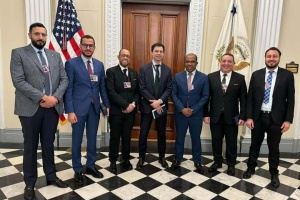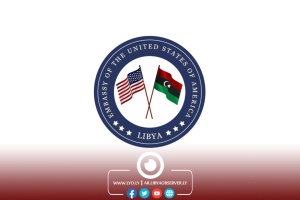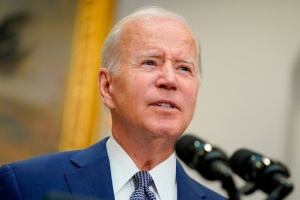A decade after unrest in Libya forced the diplomats of the United States (US) to evacuate the US Embassy in Tripoli – in 2014 – the Biden administration had notified Congress of its plan to restore the US diplomatic presence in Libya.
The Biden administration sees a US diplomatic presence in Libya as critical to helping counter Russia’s growing footprint in Africa – knowing that the notorious Russian mercenary group Wagner is still based in different east and south parts of the country under the protection of a US-Libyan citizen Khalifa Haftar and his sons.
The US State Department cites a range of “fundamental interests” that warrant a restored US diplomatic presence in Libya, including supporting the United Nations’ push for elections, promoting US trade and investment opportunities and preventing Libya from becoming enmeshed in rising instability across the Sahel region.
Yet chief among the reasons for a US return is Russia’s expanding foothold on NATO’s southern flank. As the United States conducted diplomacy from the sidelines, Wagner Group mercenaries over the years helped cement Russian influence in Libya.
A Libyan official spoke to Al Monitor on condition of anonymity, saying: “The Russians are desperate to impose legitimacy on their presence in Libya. They’re using ‘we’re here and the Americans are not’ as a kind of sales pitch.”
According to Al Monitor news website; citing a senior official at the US State Department, the Department submitted a formal notification to lawmakers this month, starting what the department expects will be a one-to-two-year process to establish “an interim diplomatic facility” in the Libyan capital of Tripoli.
Al Monitor said that the Biden administration’s budget request for fiscal year 2025 seeks $57.2 million to fund a more robust diplomatic presence in Libya, including property costs, travel, equipment and security at its facility located in the western suburbs of Tripoli.
Former US ambassador and UN envoy to Libya, Stephanie Williams, commented to Al Monitor by indicating that Libya had never been high on the priority list for Washington, “but the US has not been there for many, many years, but you have to start somewhere. The best place to start is with an embassy on the ground.”
“It stands to reason that as most other countries including major powers establish their diplomatic presence in Tripoli, the United States should do the same.” The US senior official told Al Monitor.
The US has been without an embassy in Libya since its personnel withdrew under heavy military escort in 2014 amid the “Fajr Libya – (Libya Dawn)” war. American diplomats relocated to Malta and later Tunisia, where they now form a remote mission known as the Libya External Office.







